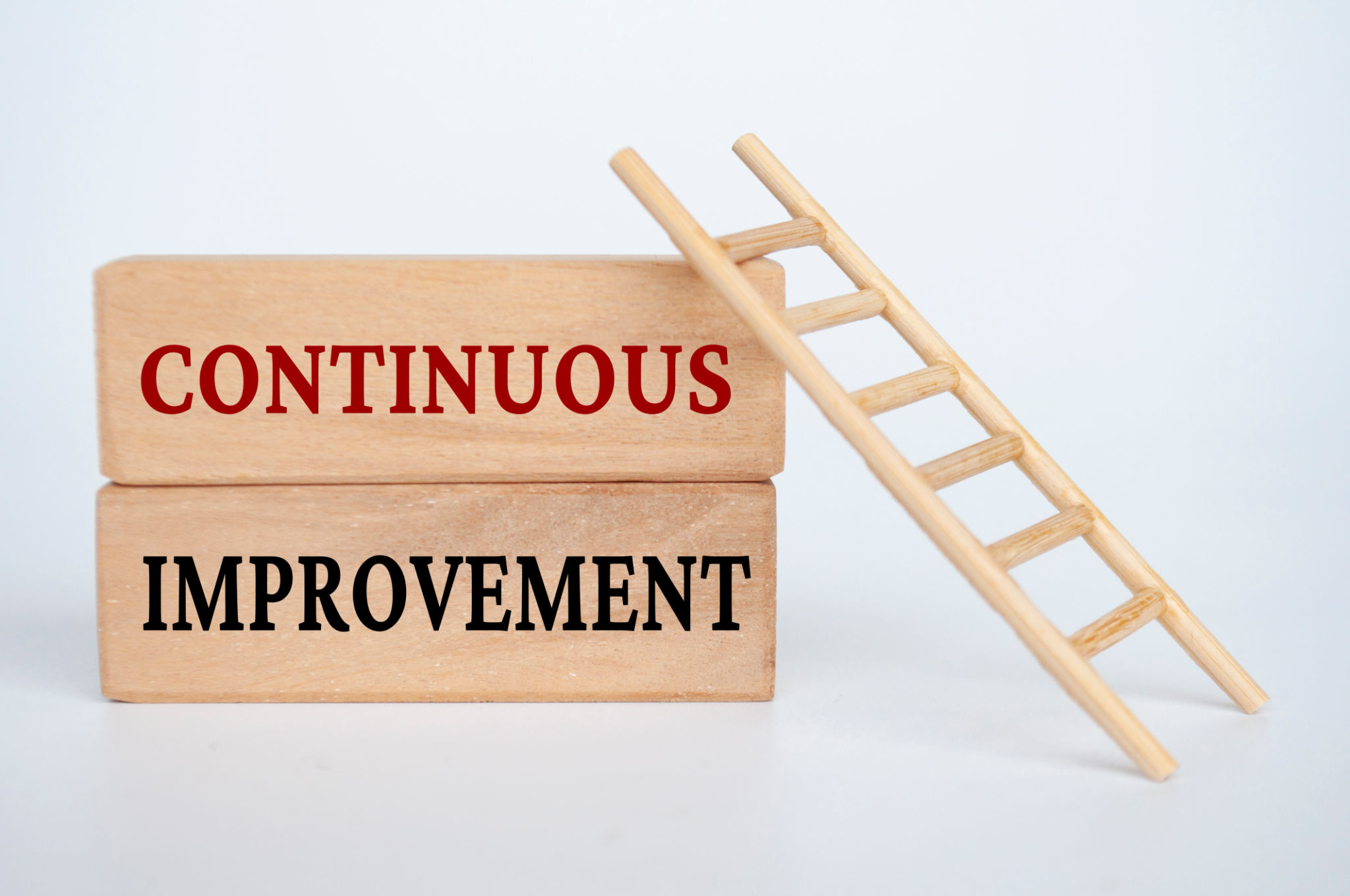How to Streamline Business Operations for Sustainable Growth
Understanding the Importance of Streamlining Operations
In today's competitive business landscape, streamlining operations is not just a luxury but a necessity for sustainable growth. Efficient operations help businesses save time, reduce costs, and improve overall productivity. By focusing on refining processes, companies can enhance their ability to respond to market changes swiftly and effectively.

Identify and Eliminate Bottlenecks
The first step in streamlining operations is to identify any bottlenecks that may be slowing down your processes. These could be anything from outdated technology to inefficient workflows. Conducting a thorough analysis of your current operations can help pinpoint these issues. Once identified, prioritize them based on their impact and feasibility of resolution.
After identifying bottlenecks, it's essential to develop strategies to eliminate them. This might involve investing in new technology, retraining staff, or restructuring processes. By focusing on these areas, you can significantly improve efficiency and productivity.
Embrace Technology and Automation
Technology plays a crucial role in streamlining operations. By automating repetitive tasks, businesses can free up valuable time for their employees to focus on more strategic activities. Consider implementing software solutions that can automate tasks such as data entry, customer service, and inventory management.
Moreover, leveraging analytics tools can provide insights into performance metrics, helping you make informed decisions. Embracing technology not only streamlines operations but also enhances accuracy and consistency in processes.

Enhance Communication and Collaboration
Effective communication is a cornerstone of streamlined operations. Ensuring that all team members are on the same page can prevent misunderstandings and delays. Implementing collaborative tools such as project management software can facilitate better communication and coordination among teams.
Regular meetings and updates can also help keep everyone informed about ongoing projects and any changes in priorities. By fostering a culture of open communication, businesses can enhance teamwork and streamline their operations further.
Focus on Continuous Improvement
Streamlining operations is not a one-time task but an ongoing process. Businesses should strive for continuous improvement by regularly reviewing and refining their processes. Encourage feedback from employees at all levels to gain insights into potential areas for improvement.
Establishing key performance indicators (KPIs) can help track progress and highlight areas that need attention. By maintaining a focus on continuous improvement, businesses can adapt to changes and sustain growth over time.

Outsource Non-Core Activities
Outsourcing non-core activities can be an effective way to streamline operations. By delegating tasks such as payroll processing, IT support, or customer service to specialized providers, businesses can focus on their core competencies. This not only improves efficiency but also allows access to expertise that may not be available in-house.
However, it's crucial to choose reliable outsourcing partners who align with your business values and quality standards. Effective outsourcing can lead to cost savings and improved service quality.
Conclusion: Achieving Sustainable Growth
Streamlining business operations is a critical step toward achieving sustainable growth. By identifying bottlenecks, embracing technology, enhancing communication, focusing on continuous improvement, and considering outsourcing, businesses can create more efficient processes that support long-term success.
Remember that streamlining is an ongoing journey that requires commitment and adaptability. As the business environment continues to evolve, maintaining streamlined operations will position your company for robust growth and success in the future.